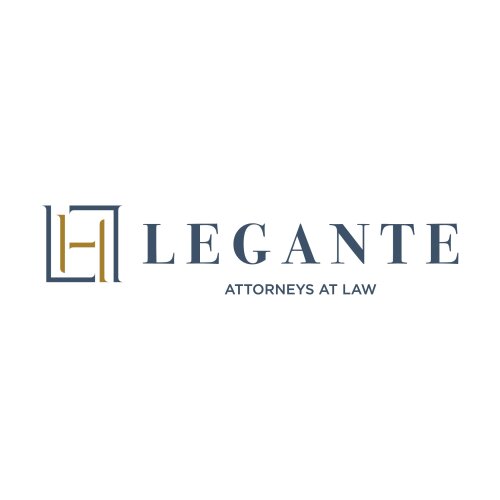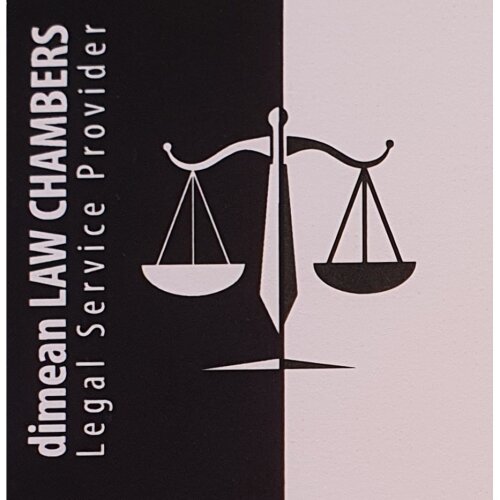Best Due Diligence Lawyers in Sri Lanka
Share your needs with us, get contacted by law firms.
Free. Takes 2 min.
Or refine your search by selecting a city:
List of the best lawyers in Sri Lanka
About Due Diligence Law in Sri Lanka
In Sri Lanka, due diligence refers to a comprehensive appraisal process undertaken by an entity, such as a business or an individual, to assess the potential legal, financial, and operational risks and opportunities involved in a transaction or investment. This process generally covers aspects such as company financials, regulatory compliance, legal obligations, and market potential. Due diligence is an essential part of corporate governance and is often a prerequisite for mergers, acquisitions, and investment ventures.
Why You May Need a Lawyer
Engaging a lawyer during the due diligence process can be crucial for several reasons:
- Complex Transactions: Lawyers can help navigate complex legal frameworks and identify risks associated with transactions, ensuring compliance with local laws and regulations.
- Risk Assessment: Legal experts can assess potential legal liabilities and contractual obligations, providing a clearer understanding of the transaction's implications.
- Negotiation Assistance: Lawyers can facilitate negotiations by providing strategic advice and assisting in drafting binding agreements to protect client interests.
- Regulatory Compliance: They ensure that all legal requirements and corporate governance standards are met, reducing the likelihood of future legal challenges.
Local Laws Overview
Due diligence in Sri Lanka is governed by a variety of local laws including:
- Companies Act No. 7 of 2007: This governs the incorporation, regulation, and winding up of companies in Sri Lanka and is a vital consideration during due diligence.
- Exchange Control Laws: These laws regulate foreign investments and currency transactions to ensure foreign exchange policies are adhered to.
- Intellectual Property Act No. 36 of 2003: Relevant when assessing a target company's intellectual property assets.
- Taxation Laws: Understanding the tax implications is critical, necessitating compliance with the Inland Revenue Act.
- Environmental Legislation: Particular attention must be given if the target business deals in areas impacting the environment.
Frequently Asked Questions
What is due diligence?
It is a thorough investigation or audit of a potential investment to confirm all facts, financial records, and any other material aspects relevant to the deal.
When should due diligence be conducted?
Due diligence should be conducted before any business transaction such as mergers, acquisitions, or investing in another company.
Can I perform due diligence on my own?
While it is possible, it is often recommended to hire professionals such as lawyers and accountants to ensure thorough and unbiased analysis.
How long does the due diligence process take?
The duration varies depending on the size and complexity of the transaction but generally takes several weeks to a few months.
What are the consequences of poor due diligence?
Inadequate due diligence can lead to financial losses, legal claims, and unforeseen liabilities potentially harming business interests.
What is a due diligence report?
A due diligence report is a document that outlines the findings of the due diligence process, highlighting both risks and opportunities associated with the transaction.
What areas are covered during due diligence?
Areas commonly covered include financial performance, legal compliance, commercial potential, management structure, and any contingent liabilities.
Is due diligence the same for every transaction?
No, the scope and focus can vary significantly based on the nature and scale of the transaction.
How much does due diligence cost?
The cost can vary widely depending on the complexity and depth of the processes involved.
What role do lawyers play in due diligence?
Lawyers provide vital support through legal audits, contract drafting, negotiations, and ensuring compliance with local regulations.
Additional Resources
For additional insights, you might consider reaching out to these resources:
- Board of Investment of Sri Lanka: Offers assistance for foreign investments and understanding regulatory frameworks.
- Registrar of Companies: An essential resource for company verification and understanding incorporation processes.
- Central Bank of Sri Lanka: For regulations related to exchange control laws and financial sector guidelines.
- Law Firms and Legal Consultants: Engaging professional firms skilled in commercial law and due diligence practices.
Next Steps
If you require legal assistance with due diligence, consider the following steps:
- Identify Needs: Clearly define the scope and areas where you need legal assistance.
- Research Lawyers: Look for lawyers or law firms with expertise in due diligence and corporate law.
- Schedule Consultations: Meet potential legal advisors to discuss your needs and evaluate their approach and fees.
- Engagement: Once satisfied, engage their services formally to proceed with your due diligence requirements.
Lawzana helps you find the best lawyers and law firms in Sri Lanka through a curated and pre-screened list of qualified legal professionals. Our platform offers rankings and detailed profiles of attorneys and law firms, allowing you to compare based on practice areas, including Due Diligence, experience, and client feedback.
Each profile includes a description of the firm's areas of practice, client reviews, team members and partners, year of establishment, spoken languages, office locations, contact information, social media presence, and any published articles or resources. Most firms on our platform speak English and are experienced in both local and international legal matters.
Get a quote from top-rated law firms in Sri Lanka — quickly, securely, and without unnecessary hassle.
Disclaimer:
The information provided on this page is for general informational purposes only and does not constitute legal advice. While we strive to ensure the accuracy and relevance of the content, legal information may change over time, and interpretations of the law can vary. You should always consult with a qualified legal professional for advice specific to your situation.
We disclaim all liability for actions taken or not taken based on the content of this page. If you believe any information is incorrect or outdated, please contact us, and we will review and update it where appropriate.
Browse due diligence law firms by city in Sri Lanka
Refine your search by selecting a city.

















